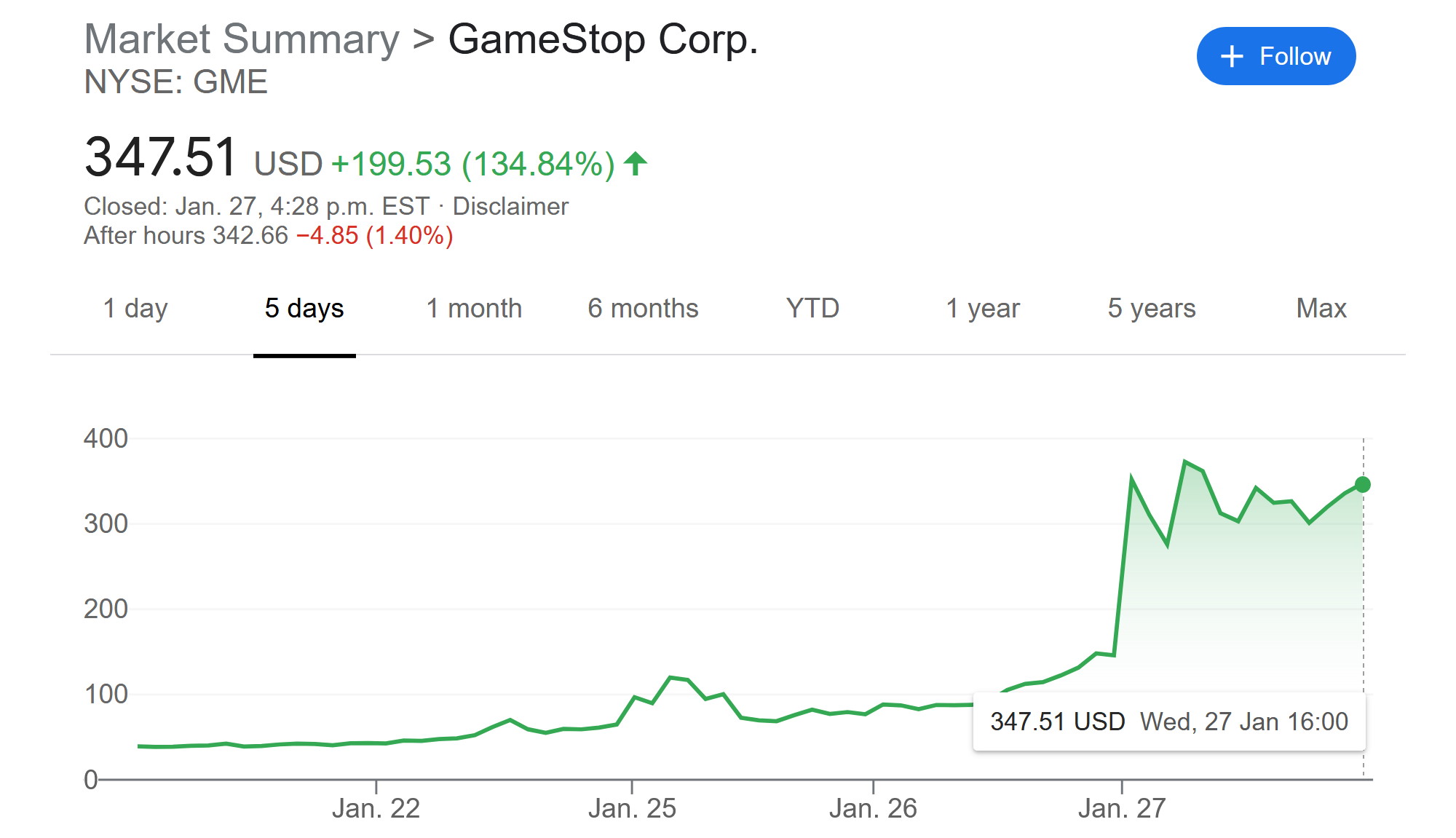Stock Market Shock: Is 'Meme Magic' Losing Its Luster After 40% Crash?
The world of finance has always been unpredictable, but the recent 40% crash of the stock market has left many investors stunned. The market's volatility has been fueled by the mysterious "meme magic" that once seemed to guarantee rapid gains. But is this phenomenon losing its luster? In this article, we'll delve into the world of stock market analysis, exploring the factors that contributed to the crash and whether "meme magic" is still a viable investment strategy.
The term "meme magic" refers to the power of social media and online communities in driving stock prices. Investors and traders would often cite popular memes and viral trends as indicators of a stock's potential for growth. While this approach was once successful, the market's recent downturn has left many wondering if the game is over. In reality, the relationship between memes and stock prices is far more complex, and understanding the underlying factors is key to making informed investment decisions.
One of the primary factors contributing to the recent crash was the rapid decline in investor sentiment. A growing number of investors began to lose confidence in the market, leading to a self-reinforcing cycle of selling and lower prices. This phenomenon is known as "herd behavior," where a large group of investors follow the crowd without considering individual market conditions. As prices plummeted, many investors were forced to sell their shares, exacerbating the downward trend.
Understanding the Factors Behind the Crash
Several factors contributed to the recent crash, including:
- Global economic uncertainty: Ongoing trade tensions and rising inflation have created a climate of economic uncertainty, leading investors to become increasingly risk-averse.
- Technical issues: Several major tech companies experienced technical glitches and outages, causing disruptions to their services and eroding investor confidence.
- Commodity price fluctuations: The recent surge in commodity prices, particularly for oil and metals, has had a knock-on effect on the broader market.
- Market sentiment: The rapid decline in investor sentiment has created a negative feedback loop, where a growing number of investors sell their shares, leading to lower prices and further erosion of confidence.
The Decline of 'Meme Magic'
So, is "meme magic" losing its luster? The answer is a resounding yes. While memes and viral trends can still drive stock prices, their impact is no longer as pronounced as it once was. Several factors have contributed to the decline of "meme magic":
- Increased skepticism: Investors and traders have become increasingly skeptical of the power of memes and viral trends, recognizing that they can be easily manipulated and are often based on flimsy evidence.
- Rise of alternative data sources: The increasing availability of alternative data sources, such as social media and online communities, has provided investors with more nuanced and accurate insights into market sentiment.
- Increased regulation: Regulatory bodies have cracked down on the use of memes and social media in investment decisions, recognizing the potential for manipulation and market volatility.
The Future of Investment
So, what does the future hold for investors? As the market continues to evolve, it's essential to adopt a more nuanced and evidence-based approach to investment decisions. This may involve:
- Diversifying portfolios: Investors should consider diversifying their portfolios to reduce exposure to any one particular sector or industry.
- Staying informed: Investors should stay informed about market trends and developments, but be cautious of relying solely on social media and online communities.
- Using data-driven approaches: Investors should consider using data-driven approaches, such as technical analysis and fundamental analysis, to inform their investment decisions.
Conclusion
The recent 40% crash of the stock market has left many investors stunned. While "meme magic" once seemed to guarantee rapid gains, its impact is no longer as pronounced as it once was. By understanding the factors that contributed to the crash and adopting a more nuanced and evidence-based approach to investment decisions, investors can navigate the complex and ever-changing world of finance with confidence.
Common Misconceptions About 'Meme Magic'
- Memes are a reliable indicator of stock prices: This is not the case. Memes and viral trends can be easily manipulated and are often based on flimsy evidence.
- Investors should always follow the crowd: This is a recipe for disaster. Investors should consider individual market conditions and make informed decisions based on evidence.
- Meme magic is a foolproof investment strategy: This is not the case. All investment strategies carry risk, and investors should always be cautious and diversified.
The Role of Social Media in Investment Decisions
- Social media can provide valuable insights into market sentiment: Social media can provide a unique window into investor sentiment and market trends.
- However, social media should not be relied upon exclusively: Investors should always consider alternative data sources and use social media as just one part of their investment decision-making process.
- The use of social media in investment decisions can be risky: Investors should be cautious of relying solely on social media and should always consider the potential risks and limitations.
Using Technical Analysis to Inform Investment Decisions
- Technical analysis can provide valuable insights into market trends: Technical analysis involves analyzing charts and patterns to identify trends and predict future price movements.
- However, technical analysis should be used in conjunction with fundamental analysis: Technical analysis should be used in conjunction with fundamental analysis to provide a more comprehensive understanding of the market.
- The use of technical analysis in investment decisions can be effective: When used correctly, technical analysis can provide valuable insights into market trends and inform investment decisions.
Common Pitfalls to Avoid in Investment Decisions
- Failing to diversify portfolios: Investors should consider diversifying their portfolios to reduce exposure to any one particular sector or industry.
- Relying solely on social media and online communities: Investors should always
Chaun Woo Parents Nationality
Mara Corday
Zoe Chip
Article Recommendations
- Raiders Owner
- How Old Iarlyhimkus
- Local Google Ranking Check
- Matthew Labyorteaux
- Jackoherty
- Morgan Vera
- Abby Phillip Net Worth
- Ella Purnell
- Richardean Anderson
- Cecily Chapman



